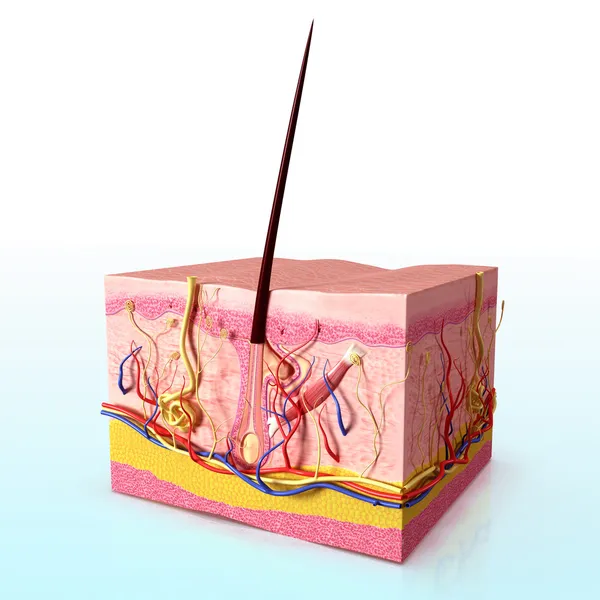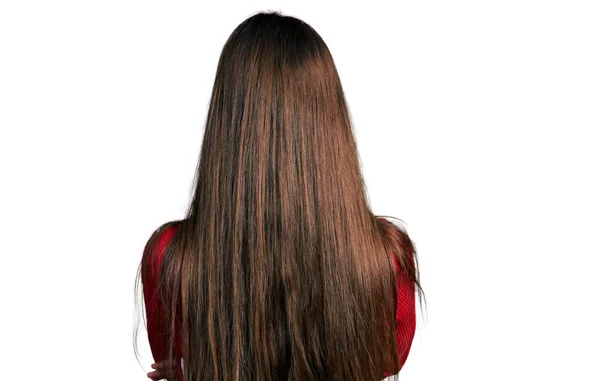Looking for the best vitamin for hair growth and thickness? Discover evidence-based recommendations from a pharmacist, including key nutrients, dosage tips, and natural food sources for stronger, healthier hair.
Introduction
Are you struggling with hair thinning, brittleness, or excessive shedding? The secret to lush, strong hair may lie not just in what you apply topically, but in the nutrients you feed your body. As a pharmacist, I’ve seen firsthand how vitamin deficiencies contribute to hair problems. In this article, I’ll break down the best vitamin for hair growth and thickness, backed by clinical studies and real science—not just hype.
Vitamin D: The Hair Follicle Activator
Often underestimated, vitamin D plays a pivotal role in hair follicle cycling and new follicle formation. Research links low levels of this sunshine vitamin to alopecia areata and androgenetic alopecia (AGA), two common causes of hair loss.

Why It Matters
Stimulates follicle cell growth and regulates immune response.
Sources
Sunlight (10–30 minutes/day), fatty fish (salmon, mackerel), fortified dairy.
Recommended Dosage
2,000–5,000 IU/day for deficiency. Aim for serum levels of 50–70 ng/mL.
Caution
Excessive intake (>10,000 IU/day) may lead to hypercalcemia.
If you’re searching for the best vitamin for hair growth and thickness, vitamin D is a strong candidate with solid clinical backing.
B-Complex Vitamins: Metabolic Powerhouses for Hair Health
B-complex vitamins—especially biotin (B7), riboflavin (B2), folate (B9), and B12—play a major role in hair growth by supporting keratin production and red blood cell formation.
Biotin
While deficiency is rare, it’s associated with brittle hair and nails.
Folate & B1
Low levels are linked to premature graying and telogen effluvium (stress-related hair loss).
Sources
Eggs, leafy greens, nuts, whole grains, and lean meats.
While biotin is often marketed as the best vitamin for hair growth and thickness, it’s most effective when there’s an underlying deficiency.
Iron: Essential for Oxygen Delivery to Hair Follicles
Iron deficiency is a common yet overlooked cause of hair shedding, especially in women. It limits hemoglobin’s oxygen-carrying capacity, starving hair follicles of the nutrients they need.
Role
Supports DNA synthesis and cellular division in the hair matrix.
Sources
Red meat, lentils, spinach—pair with vitamin C for better absorption.
Recommended Intake
18 mg/day for premenopausal women; 8 mg/day for men.
Note
Avoid excess (>45 mg/day) to prevent side effects like nausea or toxicity.
Vitamin C: Antioxidant and Collagen Builder
Vitamin C isn’t just for immunity—it’s crucial for hair health. It enhances iron absorption and supports collagen synthesis, a key structural component of hair.

Sources
Citrus fruits, strawberries, bell peppers.
Dosage
75–90 mg/day; upper limit 2,000 mg/day.
Combined with iron, vitamin C becomes a synergistic contender for the best vitamin for hair growth and thickness.
Zinc and Selenium: Follicle Repair and Immune Balance
Zinc deficiency is often associated with androgenetic alopecia and telogen effluvium, while selenium supports antioxidant enzymes that protect hair follicles from damage.
Zinc Sources
Oysters, pumpkin seeds, beef.
Dosage
11 mg/day for men; 8 mg/day for women.
Selenium Sources
Brazil nuts, tuna, sunflower seeds.
These trace minerals are vital allies in your hair growth journey.
Vitamin A: Use in Moderation
Vitamin A regulates sebum production, keeping the scalp moisturized. However, excessive intake can cause hair shedding.
Sources
Carrots, sweet potatoes, spinach.
Dosage
700–900 mcg/day (2,300–3,000 IU).
Warning
Intake over 10,000 IU/day can lead to hair loss.
Moderate intake can support healthy hair, but too much of a good thing can backfire.
When to Consider Supplements
Before turning to pills, get tested for nutrient deficiencies—especially vitamin D, ferritin, zinc, and B12. Supplements are best used to correct documented shortfalls.
Clinically Proven Additions:
Marine protein complexes
May improve hair density.
Omega-3 fatty acids
Reduce scalp inflammation and boost hair resilience.
Food First: Dietary Tips for Thicker Hair
A well-balanced diet often provides all the nutrients your hair needs:
Protein: Hair is 95% keratin. Aim for 0.8g/kg body weight daily.
Healthy fats: Omega-3s from salmon, chia seeds, or walnuts support scalp hydration.
Whole foods: Prioritize leafy greens, nuts, legumes, and lean meats.
Final Thoughts
When it comes to the best vitamin for hair growth and thickness, there’s no single magic bullet. Instead, optimal hair health comes from a synergy of essential nutrients—especially vitamin D, B-complex, iron, and zinc. As a pharmacist, I recommend starting with blood tests to identify deficiencies and using food-first strategies to correct them. Supplements should only be used when clinically indicated.
FAQs
Q: Can too much of a vitamin cause hair loss?
Yes. High doses of vitamin A, selenium, or biotin can negatively impact hair growth.
Q: How long until I see results from vitamins?
A:Hair growth cycles are slow. Expect 2–3 months of consistent intake before noticeable improvement.
Q: Should I consult a doctor before taking supplements?
A:Absolutely. Always test first and consult a healthcare provider to avoid over-supplementation.

Pingback: 1|The Pharmacist’s Guide To Healthy Hair Products For Damaged Hair - HEALTH NUTRITION